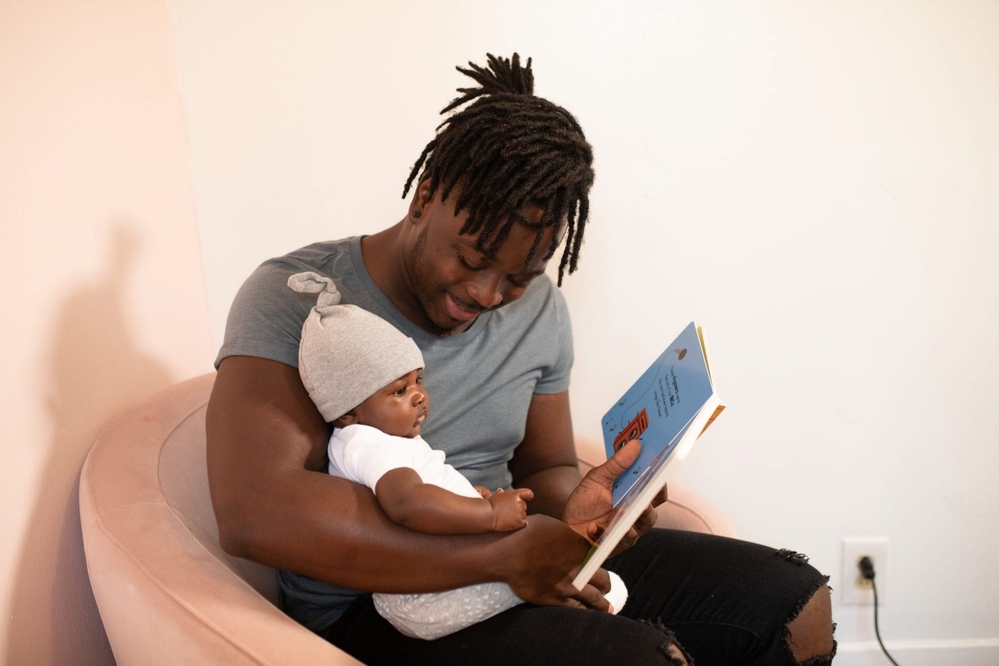ABOUT THIS WEBINAR:
Did you know that literacy and social-emotional development occur on a parallel path? Well, it’s true! Early childhood professionals can connect literacy and social-emotional development activities across their daily schedules and routines. This provides children with many opportunities to practice these developing skills. Children’s books and storytelling can be fantastic catalysts to do this. This webinar will provide fun ideas and activities will be shared as well as ideas for partnering with families. Finally, additional resources including book recommendations and related materials to support diverse families (including military families) will be provided to participants.
PRESENTER
Tweety Yates, Ph.D. works on the Early Intervention Training Program (EITP) Grant at the University of Illinois and The National Center on Early Childhood Development, Teaching and Learning (NCECDTL) contract through Vanderbilt University. She is also a consultant and faculty for the Pyramid Model Consortium. Dr. Yates’ primary research interest are supporting caregiver-child interactions, promoting social emotional, language, and literacy development and effective professional development delivery practices. She has been involved in early childhood professional development for over 30 years.
CONTINUING EDUCATION (CE) CREDIT
For questions about CE opportunities not addressed in the information below, please email the Early Intervention team at MFLNFDEarlyIntervention@gmail.com
This FD Early Intervention webinar:
- Offers CE credits through the Early Intervention Training Program (EITP) at the University of Illinois.
- Is a Gateways to Opportunity Registry-approved Training for early care and education professionals in Illinois.
- Has been approved for 1.5 Continuing Education Credits for the Certified Family Life Educator (CFLE) program through the National Council on Family Relations.
- Provides contact hours which Colorado providers may use for their license renewal through the CO Division of Regulatory Agencies.
- Offers 1.5 State Continuing Education Clock Hours (SCECHs) for providers in Michigan.
- Allows Part C Program Providers in Montana to use the CE certificate earned as documentation in their training hour logs for re-certification
- Supplies CE credits that may apply towards the professional credentials of providers in the New Jersey Early Intervention System.
- Provides annual professional development hours for providers enrolled in the West Virginia Birth to Three program.
- The following states have agreed to recognize the EI CE credits we offer: Arizona, Connecticut, Georgia, Indiana, Kansas, New Hampshire, North Carolina, Ohio, Texas, Virginia, and Washington.
The Early Intervention team is actively seeking additional CE credits. Please check back frequently for updates.


Comments (1)